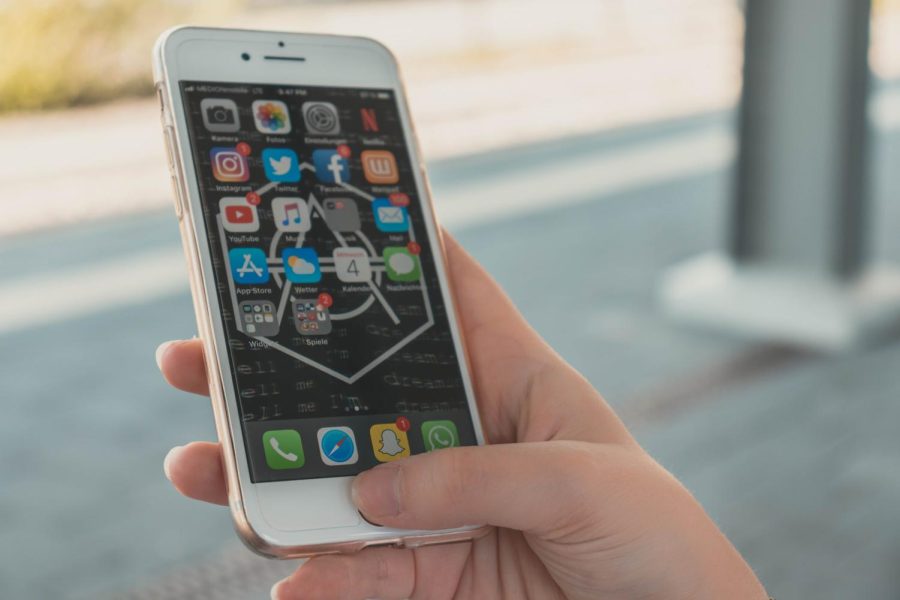Cancel culture hits the internet
UNSPLASH PHOTO COURTESY OF Christian Wiediger
Cancel culture has seen a rise in popularity on social media. https://unsplash.com/license
June 16, 2022
Social media influencers are finding themselves being “canceled,” or shunned on the internet left and right. With the recent influx of new social media stars, “fans” have been digging through their platforms to try and find reasons to dislike and deplatform them.
Influencers who are “canceled” can see a huge drop in popularity, viewership, and even fans, depending on what they did to put themselves in that situation. A catalyst of the canceling phenomenon is the unforgettable feud between beauty YouTubers, Tati Westbrook and James Charles which occurred in 2019.
The two were very good friends, with Charles describing her as being a mother figure to him since his first days in the industry. Multiple videos were uploaded causing fans of both influencers to create a strong opinion extremely fast, as lies were continuously being spread. Other beauty YouTubers got involved and took sides, which only catapulted the drama more and caused a change in followers for both parties. After more things were said, they both took an extensive social media break.
In the middle of June 2019, James Charles posted a video discussing the effect that this drama had on his mental health. “It got to a point where it was incredibly toxic for me and my mental health,” Charles said. “I just needed some time to detox and slow it down.” Due to the rampant individuals attacking him, he wasn’t able to fully open up because of the backlash he was receiving.
When people are publicly canceled, they often don’t have time to react or make a statement before more information is released. This is how people can quickly jump to conclusions and start more drama than what had already been happening, which can be more detrimental to the people involved.
Freshman Evie Seetoo of Freehold believes that canceling people is never okay, and can put a great deal of pressure on multiple different people in certain scenarios.
“Canceling influencers can put a huge amount of pressure on them because some people didn’t choose to be an influencer,” Seetoo said. “So it’s not really fair to cancel them over something unless it’s obviously bad, but I don’t think that cancel culture is necessary.”
Canceling people over very small things can do more bad than good, most of the time. Another example of someone being canceled is when 16-year-old internet celebrity Charli D’Amelio mentioned her one hundred million follower count in a YouTube video.
“Imagine if I hit 100 mill[ion] a year after hitting 1 mill[ion],” D’Amelio said in the video, explaining how she wishes she was able to achieve her goal on the anniversary.
For days after, she was called ungrateful and lost over one million followers. She went live on TikTok, crying, to talk about how she was receiving death threats and how it was affecting her.
People canceling her over a simple misunderstanding caused her to rethink being on social media as a whole. This can happen to any person if they are on the internet. If someone thinks badly of them and dislikes them enough, there’s a chance they could get sent horrible messages, like death threats. No matter if the person is big on the internet or not, death threats can be enormously destructive and can cause people extreme harm.
“If I didn’t have that [the support of friends], I would be dead right now,” Charles stated. “I don’t think I would have made it through everything that went on without them being with me and making sure that I was okay and waking up in the middle of the night to check on me every 10 minutes to make sure I didn’t, like, literally do something dangerous.”





